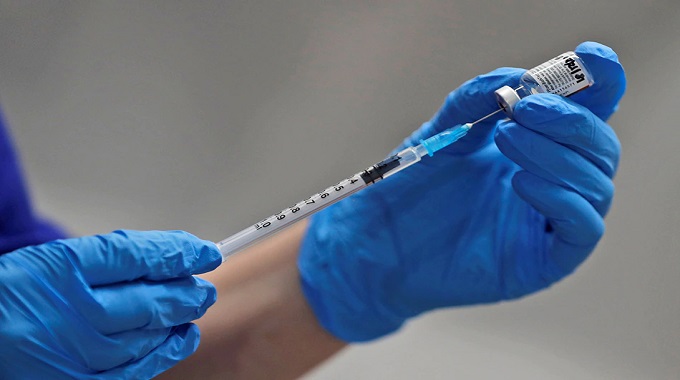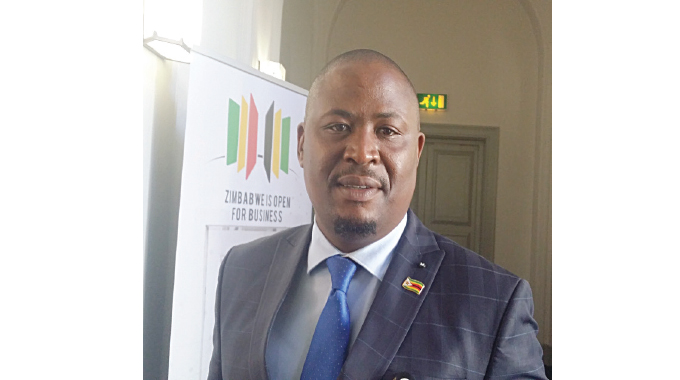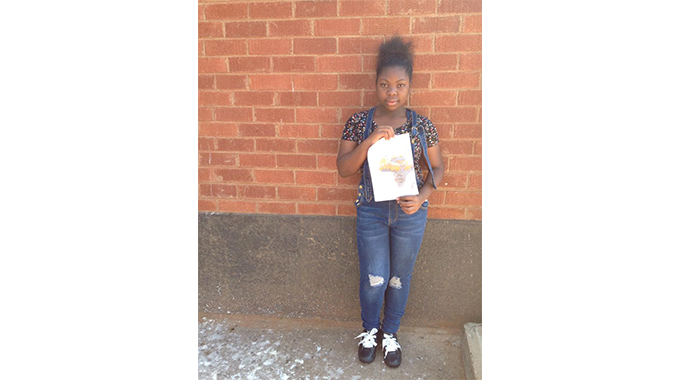Vaccine inequality won’t derail herd immunity

Last week, CNN had an interesting piece on vaccine inequality, reporting that poor countries could this year lose US$1.4 trillion from tourism’s collapse.
According to UNAIDS, rich nations are vaccinating one person every second while a majority of the poorest nations are yet to give a single dose.
The UN High Commissioner for Refugees last month attacked the “scandal” of vaccine inequality.
“And I think that I am actually surprised that there is not even more outcry about what a scandal it is. I live in Switzerland. Here, now, kids are being vaccinated while old, fragile, vulnerable people out there will have to wait months, including refugees, for their first shot to come.
This is the scandal that needs to be corrected,” Filippo Grandi told World Economic Forum.
Recently, the head of the Oxford Vaccine Group urged the UK against administering third jabs, but instead donate vaccine doses to poorer countries.
Vaccine inequality is real, but the fight must go on. That is the spirit in Zimbabwe.
On Thursday, Government expects to receive two million Covid-19 vaccine doses and another 1,5 million next week.
Cases have been rising of late and as at July 4, the country had recorded 54 474 and 1 878 deaths with active cases rising to 12 357.
As we stated yesterday, the increasing infection rate has highlighted the need to increase the pace at which citizens are getting the vaccine to ensure the country attains herd immunity.
To achieve herd immunity, rich countries are vaccinating one person every second. Obviously, Zimbabwe cannot afford to move at such a pace, but significant progress is being made.
Vaccine inequality has not stopped Government from striving towards herd immunity. The mass vaccinations which started yesterday are testimony to this fact.
In Bulawayo, city health officials were busy at mobile vaccination sites in a bid to reach the target of 15 000 informal traders.
Nine teams were deployed to embark on the mass Covid-19 vaccination drive, which ends on July 15.
The vaccination sites include the Large City Hall, Renkini Long Distance Bus Terminus, Nkulumane Hall, Stanley Hall and Entumbane Complex.
Vendors are also able to access the vaccine from mobile centres that have been set up in Lobengula Street along 6th Avenue, Cowdray Park Sign Post and Spampurek in Mpopoma.
While 15 000 is not enough, Bulawayo is still on course in becoming the second city in the country after Victoria Falls to achieve Covid-19 herd immunity.
Vaccine inequality coupled with illegal western sanctions will not stop this noble exercise of achieving herd immunity.
It’s no wonder Zimbabwe is using four types of vaccines — Sinovac and Sinopharm both from China, Sputnik V from Russia and India’s Covaxin – from friendly countries.
One day the “scandal” raised by the UN High Commissioner for Refugees will be fully exposed, but for now, countries like Zimbabwe must work with what they have to salvage the situation.
Covid-19 is a global crisis that did not start in Africa. It is a pandemic that does not discriminate.
It is a challenge that was supposed to bring the world together.
But thanks to over two decades of illegal sanctions, Zimbabwe knows better than to wait for Western salvation.








Comments